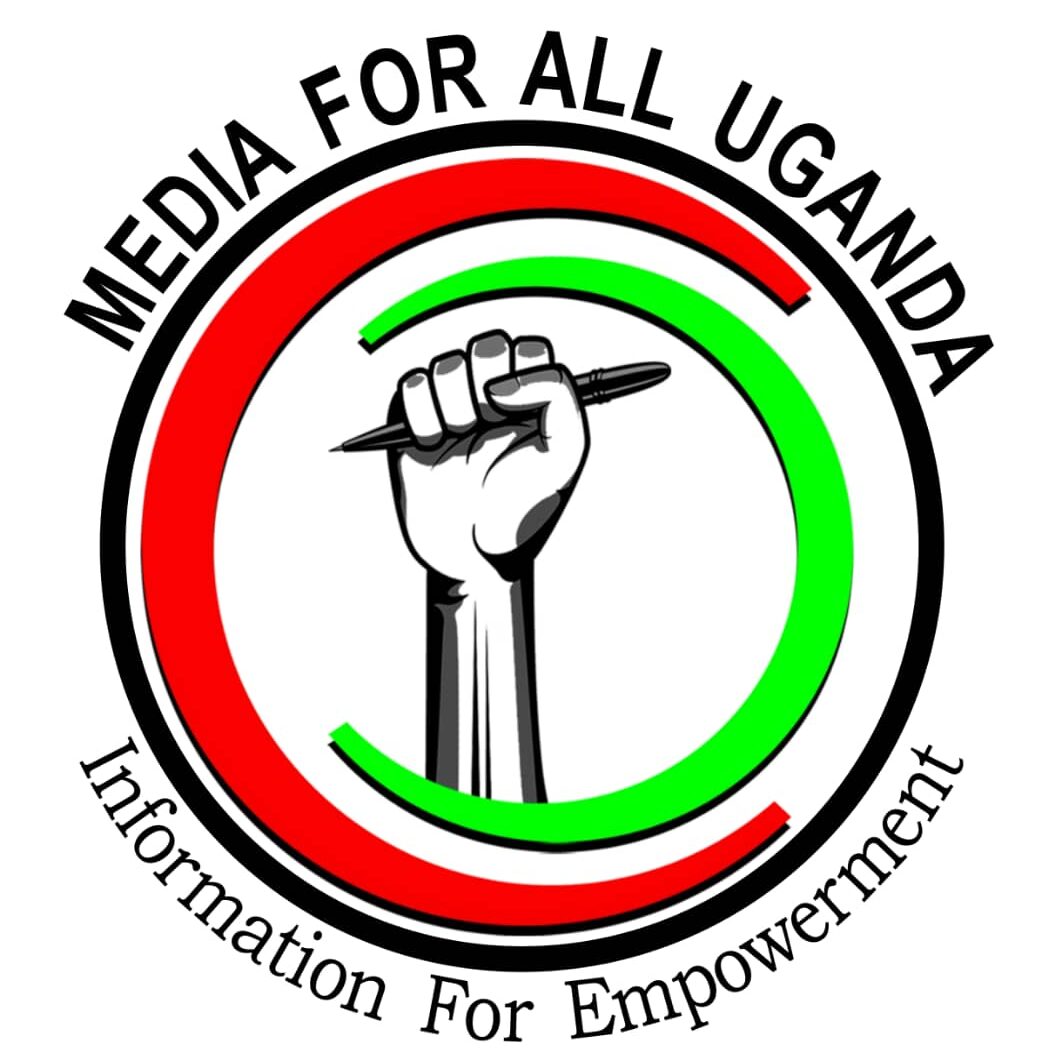WHEN THE SUN LIVES ON BEYOND DUSK; HOW SOLAR IS CHANGING LIVELIHOODS.
By Bazio Doreen.
Before you visit a remote village in the Pearl of Africa; you could easily assume that more than half of Uganda’s population have access to electricity as households in major cities do.
Far from this assumption, the truth is that only about 30% of Ugandans have access to electricity. While this presents a huge market potential for alternative technologies like solar PV systems to provide electricity, those in need may not be able to afford it.
The story of a blind man.
One such vulnerable person is James Iranya, a South Sudanese Refugee from Kajokeji now residing in Elema Refugee Settlement. While Iranya is a father and has the task of providing for his family of 5, his disability (partial blindness) deters him from doing many jobs.
This is perhaps how he settled for being a caretaker of Elema Community Center. At the center, James is lucky to tap into opportunities that many times are channeled through the leadership that sits at this place. That is how he received a solar lamp from EMESCO. The solar panel not only helps him charge his lamp but he is also now saving money for his other needs.
“Previously, we used to spend 500/= shillings about 4 times a week to charge 3 phones that we have in the household. But now we save this money and use it for other basic needs.” James reveals.
When the lamp is fully charged. It serves two purposes. James’s family uses it to light their house at night and also for studying/reading by those still in school. In a refugee setting, where the education provided is just basic; it takes a lot for one to make out good what they are taught. But this would require more studying especially at night and perhaps doing assignments given.
Who else benefitted?
James is among the 500 Persons of concern who were supported by EMESCO with solar lamps. The categories of beneficiaries included; Gender Based Violence survivors, Persons with Disability, Older persons at risk, separated children, and single mothers among others.
Sustainable Development Goal 7 envisions that there will be improved access to affordable, reliable, and modern energy services for all by 2030 which is in line with Uganda’s Vision 2040.
The Government’s policy vision on energy in the National Development Plan III (2021 – 2025) is to increase the proportion of households with access to electricity from the current 30% to 80% by 2040.
END.
